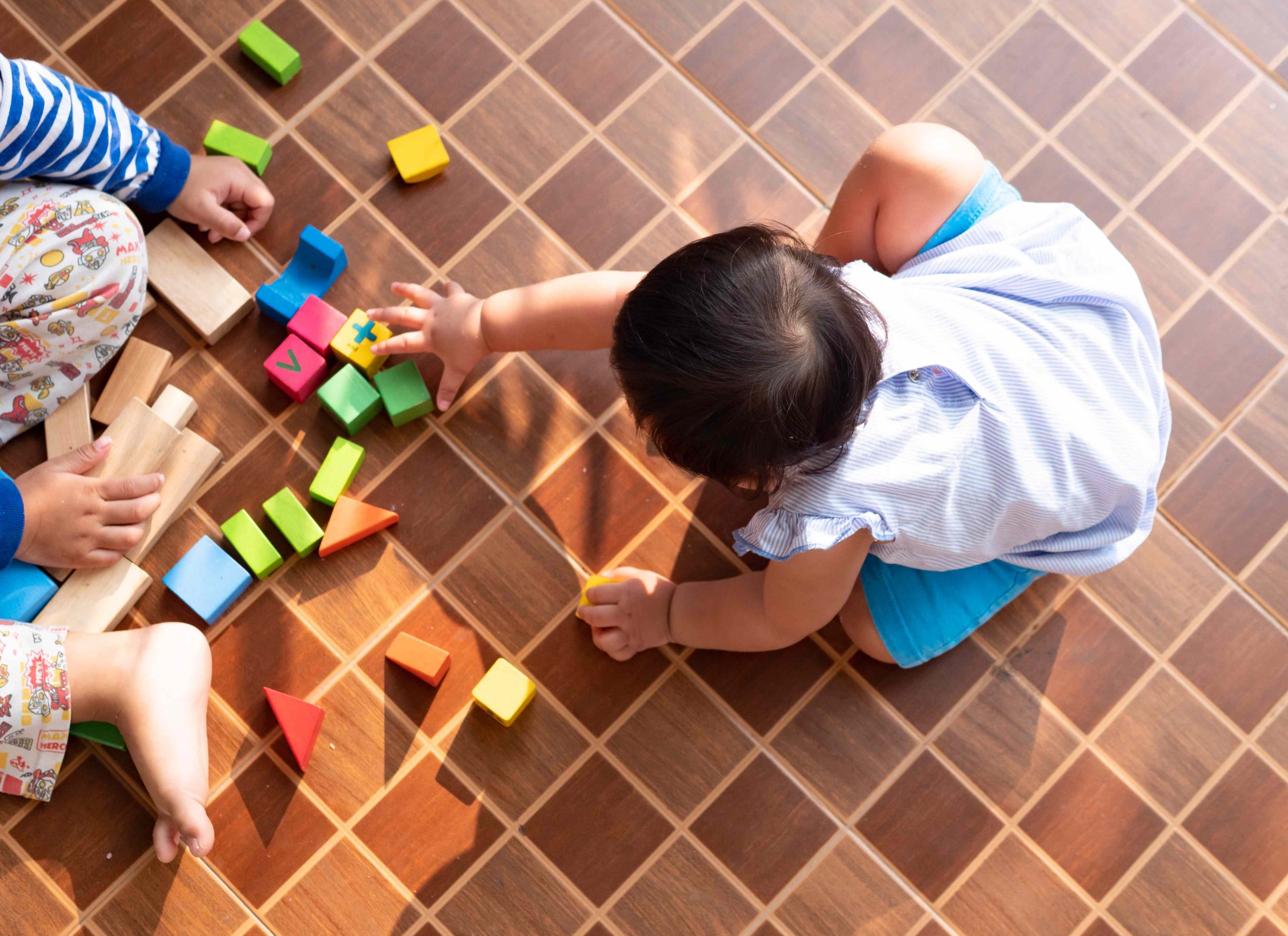
Building an Essential Foundation: Nurturing the Growth of Preschoolers
Preschoolers are at a critical stage of development, where their experiences and environments shape the foundation for their future growth and well-being. During these formative years, it is essential to provide preschoolers with an environment that fosters their physical, cognitive, social, and emotional development. This article explores the components of an essential foundation for preschoolers, highlighting the key areas that require attention and nurturing.
Nurturing Physical Well-being:
Cultivating Cognitive Development:
Fostering Social and Emotional Skills:
Promoting a Safe and Nurturing Environment:
Encouraging Creative Expression:
Artistic exploration: Encouraging preschoolers to engage in artistic activities, such as drawing, painting, and crafting, provides them with an outlet for creative expression. Artistic exploration nurtures their imagination, fine motor skills, and self-expression, allowing them to communicate and share their thoughts and emotions in unique ways.
Music and movement: Integrating music and movement into preschoolers’ daily routines enhances their cognitive and physical development. Singing, dancing, and playing musical instruments promote coordination, rhythm, language skills, and self-confidence, while also providing a platform for self-expression and creative exploration.
Dramatic play: Supporting dramatic play activities, such as pretend play and role-playing, encourages preschoolers to explore different roles, scenarios, and emotions. Engaging in imaginative play fosters their creativity, social skills, and problem-solving abilities as they navigate various roles and situations in a safe and playful environment.
VI. Building Resilience and Independence:
Cultivating Curiosity and Lifelong Learning:
Promoting Cultural Understanding and Diversity:
Collaborative Learning and Communication:
Parent and Community Involvement:
Promoting Digital Literacy:
Encouraging Mindfulness and Well-being:
Engaging Parents as Partners in Education:
Emphasizing the Importance of Play:
Fostering a Love for Reading:
Promoting Healthy Relationships:
Encouraging Reflection and Growth:
Nurturing Emotional Intelligence:
Encouraging Healthy Habits:
Engaging in Meaningful Experiences:


